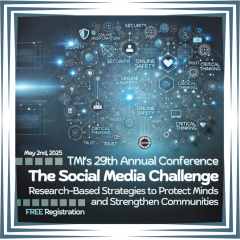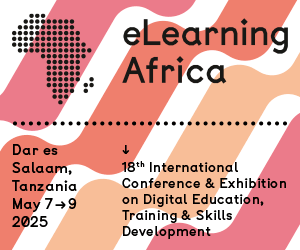ELearning in Russia's Schools
Moscow (RU), May 2009 - So far, the transition to a new economic system has brought little tangible benefit to Russia's education system. Disorganisation, underfunding, and a brain drain have made it difficult to adapt. In this situation, the authorities have launched a major effort to improve the employment of ICT to foster reform of Russia's education system and to help it catch up with standard practices in other countries.
The following summarizes a World Bank study that reviews this task and discusses policy options and recommendations designed to support the implementation of eLearning in Russian schools.
Three issues are commonly distinguished that need to be addressed to establish an education system suited to meet the challenges of the modern world:
- granting equal access to education of good quality
- ensuring the introduction of new methods of teaching and learning appropriate for the modern information age
- ensuring the development of ICT skills among the students at the different levels of a national education system
Equal access to education may be the most important and immediate of the three challenges, but changing the quality of teaching and learning certainly will be the most difficult. It seems fairly obvious that the use of ICT has the potential to be of great assistance in this undertaking. However, the mere installation of networks and computers will not suffice. Improving the quality of education requires a sustained effort to change the curriculum and retrain those who do the teaching.
How to implement eLearning?
Of course, the three goals and the means to achieve them are interconnected. To this end, the integration of any ITC-related program into the general strategy of education reform is necessary. The three central points provide a rational and convenient framework, but at this moment, they are not sufficiently integrated in Russia's e-education program, and they don't play a vital role in guiding related policy papers.
Without integrating the use of new technologies into the overall education strategy, it will become more difficult to ensure that investments made in ICT are effective. In addition, Russia's huge landmass, thinly spread population, lack of available finances, and regional diversity already complicate installing effective connectivity and digital networks.
However, Russia also has comparative educational advantages, among which are high educational demands from its people, high technological and engineering standards, good quality basic training of teachers, as well as a high capacity for training teachers and for developing new teaching resources in the regions.
In particular the following steps would help in freeing up Russia's potential:
- Upfront investment: A well-targeted upfront investment into digital education resources and network support seems necessary to catalyze further expansion and updating, including in local and regional networks where broadband access to the Internet is not available.
- Improving access: Ensuring common access stations for telecommunications and education resources through a system of inter-school resource centers could help where resources are inadequate to provide such access in each particular school. Free circulation of software and education resources developed by budget resources can support the diffusion of new technologies.
- Encouragement of bottom-up activities: This includes encouraging private-sector cooperation, the participation of school's boards of trustees in equipment acquisition, and the treatment of computer maintenance and upgrading as a regular expense. Supporting the self-education of students in information technologies by voluntary, open certification and methodological support will further accelerate diffusion of the new technologies.
- Revamp training: Human resource training and general technological and pedagogical standards need to be redefined. Given the significant amount of computer equipment recently made available to teachers, their training in the use of ICT should be a priority. The self-education of teachers can be supported by voluntary certification and methodological assistance and the leasing of computers for personal use.










